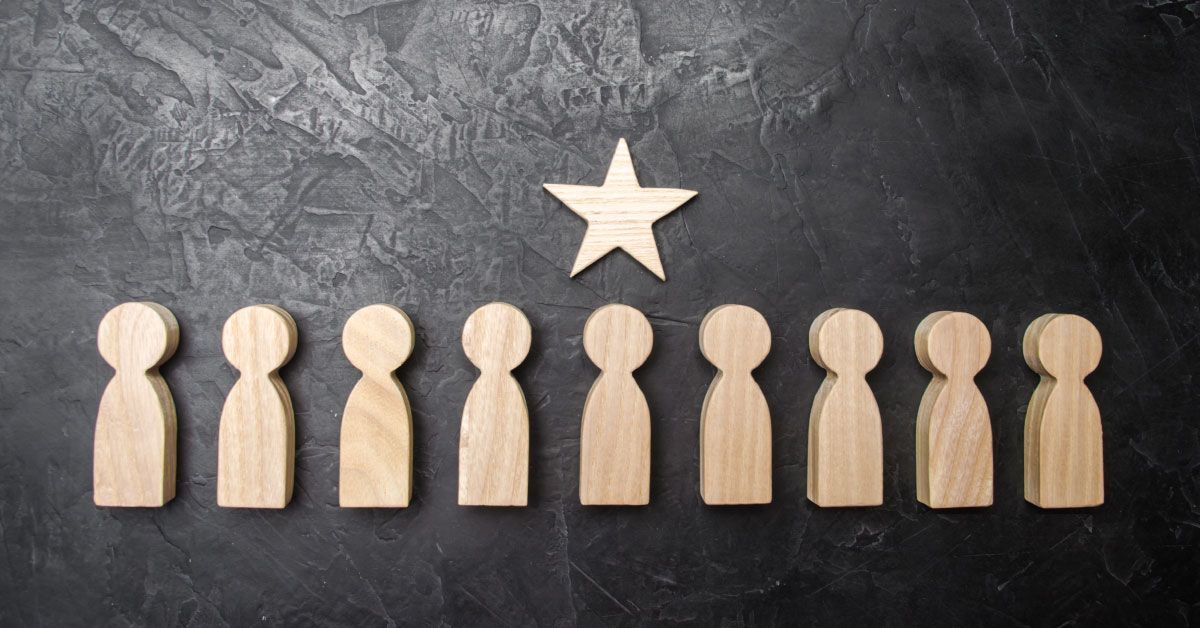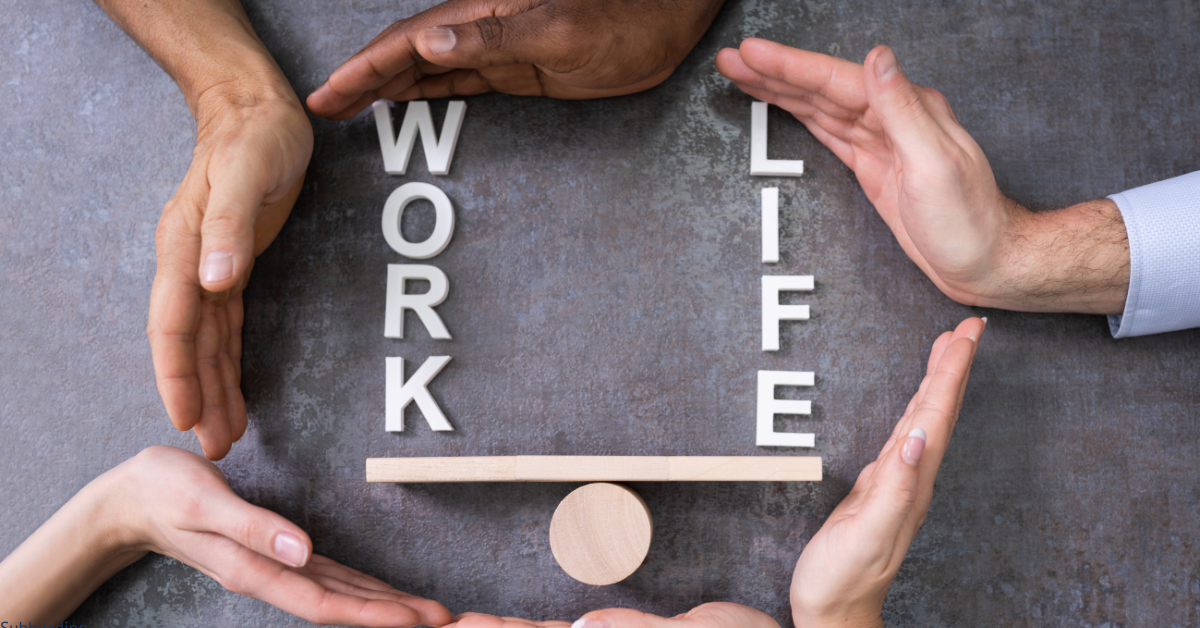
Doing Better, Being Better: Sharing our DEI Transformation - Boxed In

Author: Aneesha Ugwoke (she/her)
I am placed in the box of ‘woman of color’. My eclipsed identities are leader, a change agent, an advocate, a visionary, and a high performing employee who wants to ignite business and social impacts through individual connections. I wonder when these boxes will be lifted so that our whole selves can shine brightly with aplomb to create impact we never thought of. What box are you in?
The demand to be seen is putting pressure on many organizations today including mine. Those who are marginalized need to be valued ; not just recognized so that they’re at the decision-making table. I believe that ubiquitously there is desire and intention to right wrongs and advocate for fairness, but the powers that be including HR professionals who support and help navigate human centric issues share common characteristics that have ordained them as privileged. Of course, they don’t have lived experience or intuitive knowledge to be able to connect history to the continued disparities of today.
So, where do we begin? Data gathering, training, target sourcing? To me, the most important part of a successful launch is the level of leadership buy-in as ethical versus performative work. Here is where an assessment of your organizational culture is key in navigating effectively or ineffectively through this very bumpy and emotionally intense road. The path consists of unconscious bias mixed with positive intent, racist policies that are insidious, and overt discrimination with many bystanders who know and don’t know any different while the culture must be prepared to handle these weights.
Do I see any success so far? I do! My place of work is set up beautifully to actively engage in DEI work. We have a very intentional culture where behaviors of accountability and committed partnership are integrated into our performance assessment system. This is an ideal conduit for difficult but successful breakthroughs. Conversations! Vulnerable ones! Where there is a safe and a brave space to fall, get back up, and be called in to grow. After the unconscious bias training that was facilitated for all leaders, there was conversation. In my breakout group, I did share that I am recognized for my accomplishments but feel undervalued for not progressing in my career. Other leaders admitted to the biases they know of and acknowledged the blind spots they are unaware of.
The large group training and conversation provoked numerous individual conversations I have had with leaders across the organization, from majority and minority groups alike who have shared their false binary perspectives about another person or group. I hope to see more reflections and coaching within day-to-day interactions. To sustain the momentum, follow up support by HR and senior leaders on how our perspectives have evolved since the training would foster ongoing development and accountability. I’d consider this a missed opportunity that can still be harnessed. One thing I am confident about is that there is a willingness for fairness.
Although business outcomes are necessary, DEI is a space where emotions are front and center. People need to feel about how they react to inequities. Rather than the teeter-totter discord, it is through vulnerable discourse where we let experiences marinate that there is deeper impact, buy-in, and common ground which then mobilizes DEI as a sustainable collective effort. We are more apt to connect with someone authentic because it cuts through the heart rather than one who isn’t open about their stance. The only pre-requisite is a growth mindset .
So, I’d say, for us, the journey feels like it is beginning at the right-ish place building platforms where deeper discussions augment tangible action. As human resource professionals, leaders, and DEI agents, we need to continually call people in with genuine care and acknowledgement of their own starting point. We need to learn from each other by sharing stories and experiences on an ongoing basis. Only then we will realize ownership for DEI at all levels that will domino into all facets of the organization’s operation. We need to be authentic about how we show up, what we know and what we don’t know to be malleable in the support we provide to those who continue to remain in boxes.
Be sure to register for our panel discussion: Doing Better, Being Better: Sharing our DEI Transformation February 1, 2023 at 12:00pm – 1:00pm MT - Register here.
“To change minds, you need to touch hearts”
About the Author
Author: Aneesha Ugwoke (she/her) is currently a leader with Farm Credit Canada, CPHR Alberta member, and an anti-racism specialist.
The views and opinions expressed in this blog post belong solely to the original author(s) and do not necessarily represent the views and opinions of CPHR Alberta.
The views and opinions expressed in this blog post belong solely to the original author(s) and do not necessarily represent the views and opinions of CPHR Alberta.





